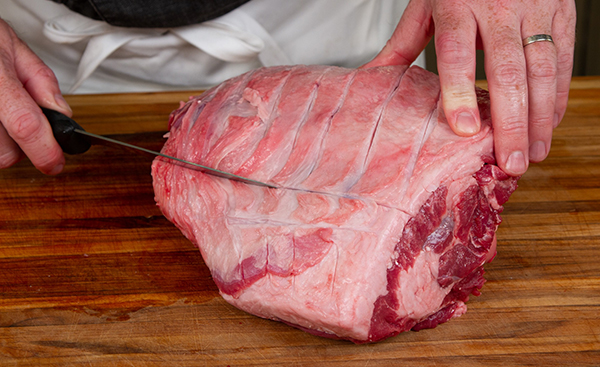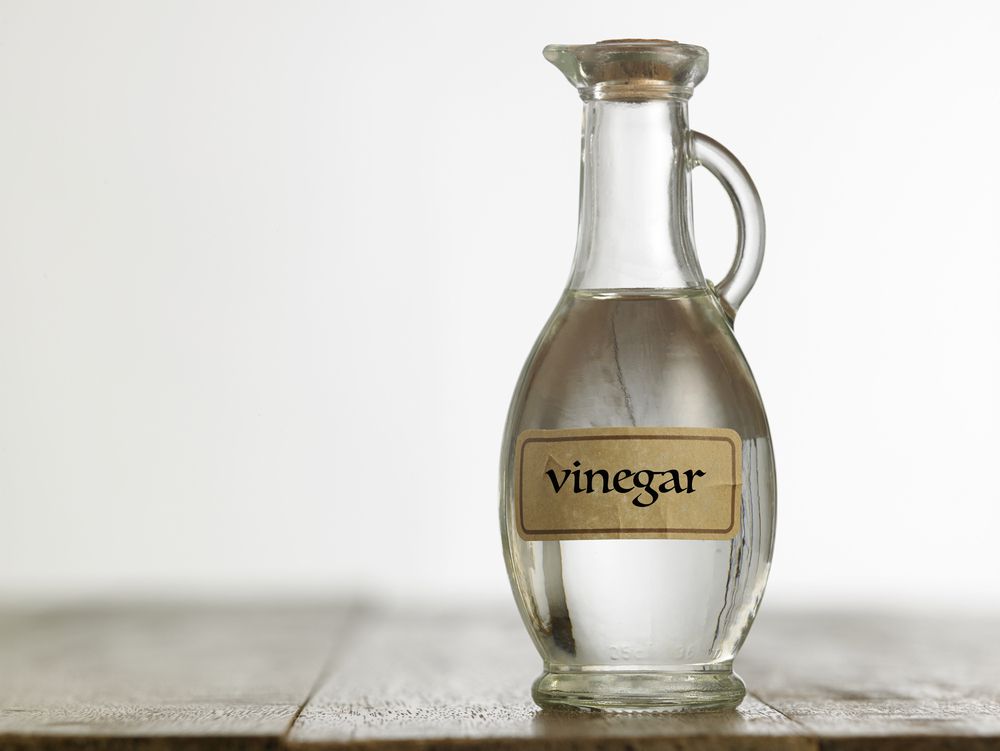If the rules of slaughter and storage are violated, lamb may acquire a repulsive odor. Spoiled meat must be thrown away immediately, otherwise there is a risk of poisoning. If the meat has acquired a slight characteristic smell, then you can partially or completely get rid of it. You also need to know how to properly store the purchased lamb so that the meat does not have time to deteriorate and acquire an unpleasant odor.

What affects the smell of lamb
Age affects the smell of meat slaughtered animal:
-
Lamb meat up to 3 months old, fed on mother’s milk, is pinkish, low-fat, with a milky smell. You can buy it in the spring.
-
Lamb meat from 3 to 12 months is rich pink, covered with a small layer of white fat resembling wax. Some breeds do not smell, others have a slight characteristic smell.
-
The meat of an adult animal from 12 months is red, dark, has an intense smell.
Also, the breed of the animal affects the smell. Short-haired and skinny-tailed breeds have no smell. If the sheep often had to travel long distances and constantly move, then their meat smells more intensely, compared to animals grazing near the fold.
The most “odorous” animals are:
-
mature uncastrated breeding sheep;
-
mature ewes slaughtered before 21 days after estrus;
-
animals that received damage to the bladder or intestines during slaughter, as well as rams that were frightened before slaughter.
How to choose fresh quality meat
You can check the lamb like this: if the piece of fat taken after heating on the lighter began to emit an unpleasant odor, then it is better not to buy meat.
When buying a young lamb, the meat should be dark in color, without the characteristic smell of lamb. If the pulp is sticky, slippery, then you do not need to buy lamb. It should be free of bruises.
Signs of high-quality meat are a uniform shade, elasticity, and a pleasant fresh aroma.
How to store lamb
Lamb must be kept in the freezer or refrigerator, previously wrapped in a paper towel or parchment paper. It is impossible to keep meat in a bag, as the chemical elements of such packaging cause a spoiled odor.
However, you can wrap the meat with a second layer after the paper towel or parchment paper to protect it from other perishable foods.
Attention! Lamb should not be stored at room temperature even for a short time. Even in a couple of hours, bacteria and microbes will multiply, which will spoil the meat, and it will no longer be safe to eat it.
Lamb should be stored in the refrigerator for a maximum of 2–3 days after purchase — then it must be cooked. During these days, the lamb will mature, dry out and acquire a more concentrated taste — the meat will not have time to deteriorate.
Methods for neutralizing the smell of lamb
There are several effective ways to eliminate the characteristic smell of lamb.
Kefir
-
pour 1 liter of kefir into a container;
-
add 1–2 cloves of garlic, salt and finely chopped greens;
-
mix the ingredients thoroughly;
-
put the meat into the mixture;
-
cover the container with a lid and put it in the refrigerator for 6–8 hours.
-
add 1 tbsp to cold water. l. 70% vinegar;
-
place lamb in water for 1 hour;
-
rinse the meat well.
- Cut a large piece of meat into several pieces and rinse them.
- Coat the pieces with mustard and leave to soak for 1 hour.
- Fill the container with water and add as much salt as possible.
- Rinse the pieces of meat, smeared with mustard, thoroughly in salt water.
- Potassium permanganate solution
- cut fat — it is he who is the cause of the characteristic odor;
- soak the meat in boiled or homemade sour milk, placing the container in a cool place;
- marinate lamb in soy sauce.
- finely chopped celery root;
- allspice;
- grated carrot.
It is necessary to pour kefir into a container and place the meat in it, leaving it for 6–8 hours. Kefir completely eliminates the smell of lamb, and also softens the fibers of the meat — this is true if the meat has been repeatedly frozen, as a result of which it has lost its softness, juiciness and freshness.
To prepare a kefir-based marinade, follow these steps:
After that, the smell of lamb will disappear.
Vinegar

Vinegar is suitable if the meat has a smell, but it itself has not deteriorated.
Procedure:
Lemon or wine
You can get rid of the darling with lemon. To do this, place the meat in freshly squeezed citrus juice for 1 hour.
Instead of lemon juice, you can use wine: it softens the meat, gives it an appetizing flavor. You can use a solution of citric acid: mix 1 liter of clean cool water with 1 tsp. powder.
Mustard
Mustard eliminates the characteristic smell and taste of beef, which occurs if the rules of slaughter are not followed. It is acceptable to use grain varieties of mustard or pasta.
Procedure:
Prepare a weak pinkish solution of potassium permanganate. Rinse the meat with tap water and add it to the solution for 1 hour. Next, rinse the meat again and place it in cool water.
Cut onion, garlic and spices into a container, then place the meat there and leave for 1 hour.
Other options to get rid of the smell
If lamb smells bad, try:
marinade options
The smell of marinade will kill the characteristic smell of lamb. You can finely chop the garlic and add soy sauce, mix yogurt with cumin, or add garlic and cardamom to yogurt.
Most often, a mixture of onion and garlic is prepared as a marinade. Additionally, it should be added:
The meat is placed in such a marinade for 24 hours — it should not be overexposed longer, otherwise the taste and texture will be worse.
As for the side dish, there are even more options here. You can cook hominy, baked eggplant, garlic beans. Lamb also goes well with sweets — for example, with raisins and dried apricots in pilaf — and with spicy sauces.
If you are cooking lamb soup, then you can get rid of the smell at the end of cooking. Add some freshly squeezed lemon juice to the soup, bring to a boil again and turn off the gas. The lemon smell will quickly disappear, removing the smell of lamb with it.
You can also add dried juniper berries to the soup — just a few pieces are enough. Then they can not be consumed — after the soup is cooked, the juniper should be thrown away. By the way, when cooking the dish, you can not use tap water, because it makes the broth cloudy and smells bad — you must use filtered water.
Conclusion
Despite the fact that lamb is a difficult product to choose, store and prepare, you should not completely abandon it. Useful substances found in this meat help strengthen bones and immunity, improve the functioning of the circulatory system and metabolism. It prevents autoimmune diseases and rickets, protects against stress and viruses, so it should be regularly included in the menu.
It is enough to know how to choose and cook meat correctly, as well as to master several techniques for getting rid of the characteristic aroma, and then you can cook a tasty and healthy dish at any time.

Добавить комментарий
Для отправки комментария вам необходимо авторизоваться.